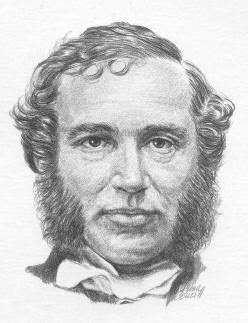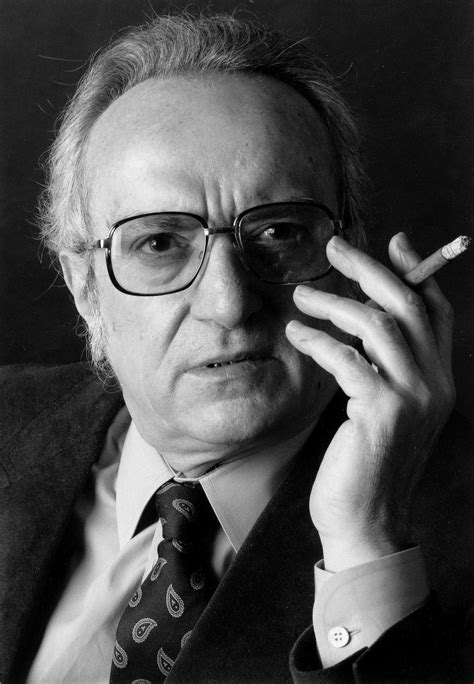A Quote by Thomas Jefferson
In truth, politeness is artificial good humor, it covers the natural want of it, and ends by rendering habitual a substitute nearly equivalent to the real virtue.
Related Quotes
In truth, politeness is artificial good humor, it covers the natural want of it, and ends by rendering habitual a substitute nearly equivalent to the real virtue. It is the practice of sacrificing to those whom we meet in society, all the little inconveniences and preferences which will gratify them, and deprive us of nothing worth a moment's consideration; it is the giving a pleasing and flattering turn to our expressions, which will conciliate others, and make them pleased with us as well as themselves. How cheap a price for the good will of another!
As we gain satisfaction from artificial substitutes for nature we forget that there is no known substitute for Nature, the real thing and its eons of intelligent, life supportive, experience. Each substitute we create falls short of nature's balanced perfection, thus producing our pollution, garbage and relationship conflicts.
And for the authentical truth of either person or actions, who (worth the respecting) will expect it in a poem, whose subject is not truth, but things like truth? Poor envious souls they are that cavil at truth's want in these natural fictions; material instruction, elegant and sententious excitation to virtue, and deflection from her contrary, being the soul, limbs, and limits of an authentical tragedy.
If a man of good natural disposition acquires Intelligence [as a whole], then he excels in conduct, and the disposition which previously only resembled Virtue, will now be Virtue in the true sense. Hence just as with the faculty of forming opinions [the calculative faculty] there are two qualities, Cleverness and Prudence, so also in the moral part of the soul there are two qualities, natural virtue and true Virtue; and true Virtue cannot exist without Prudence.
Natural good is' so intimately connected with moral good, and natural evil with moral evil, that I am as certain as if I heard a voice from heaven proclaim it, that God is on the side of virtue. He has learnt much, and has not lived in vain, who has practically discovered that most strict and necessary connection, that does and will ever exist between vice and misery, and virtue and happiness.

































